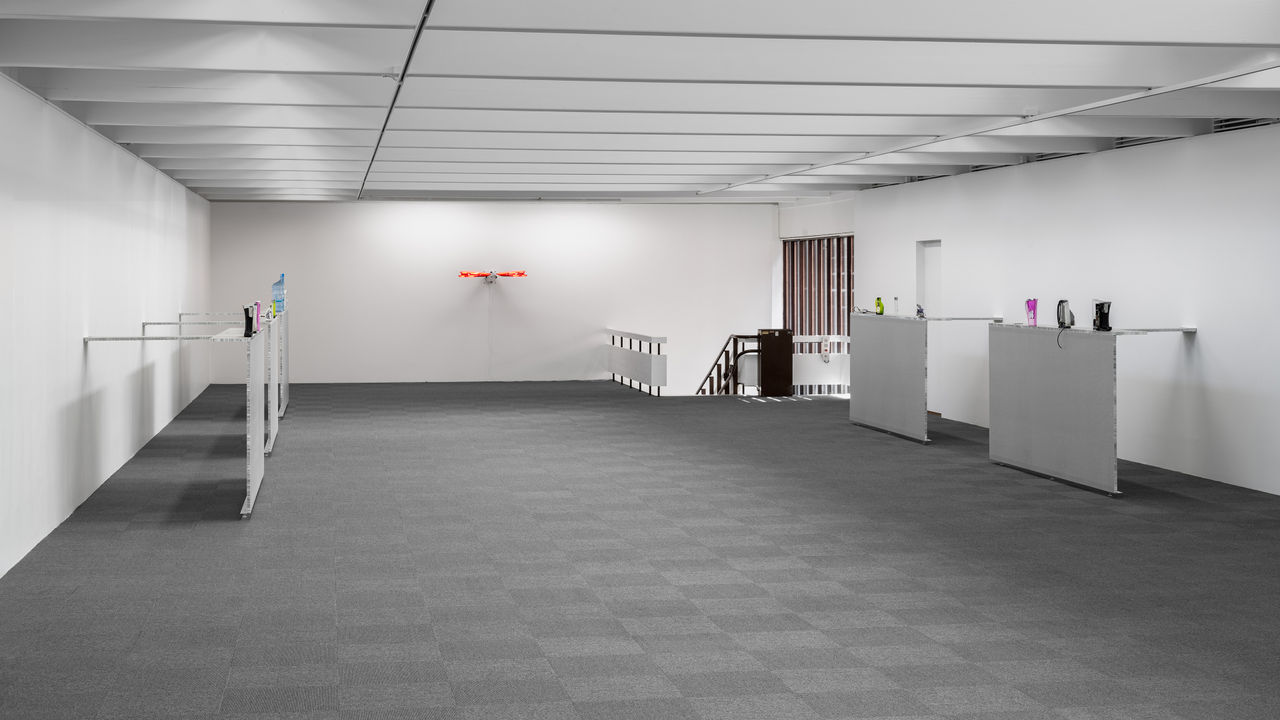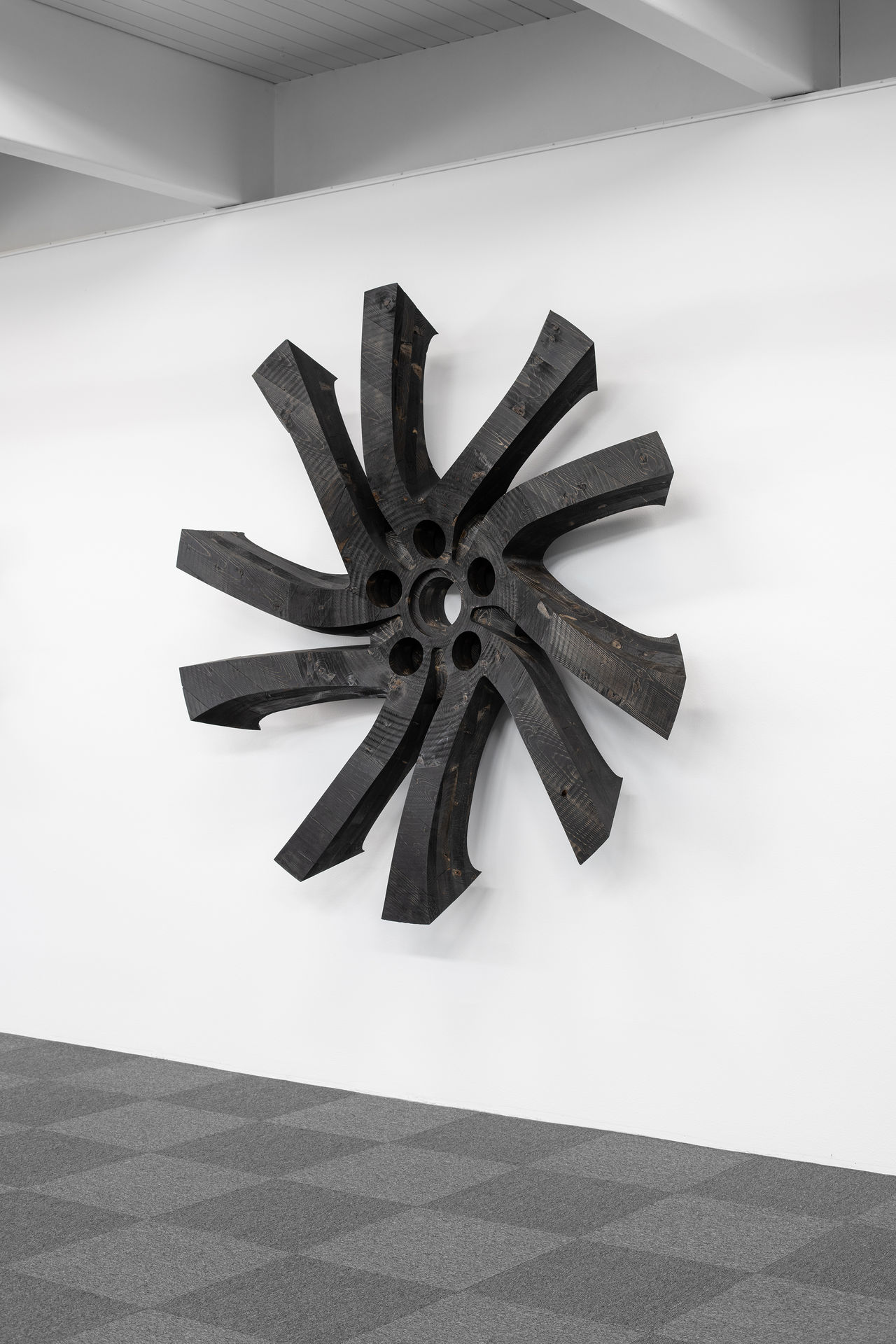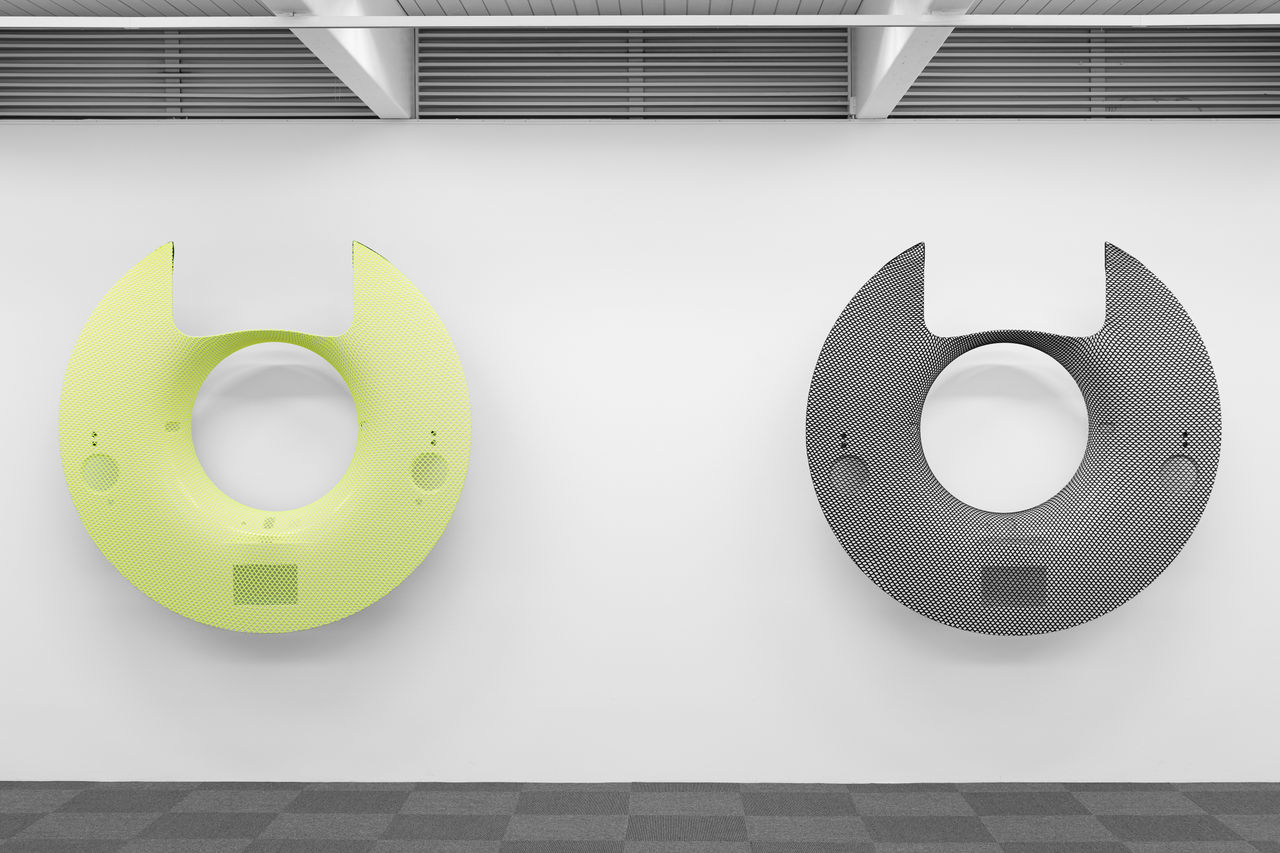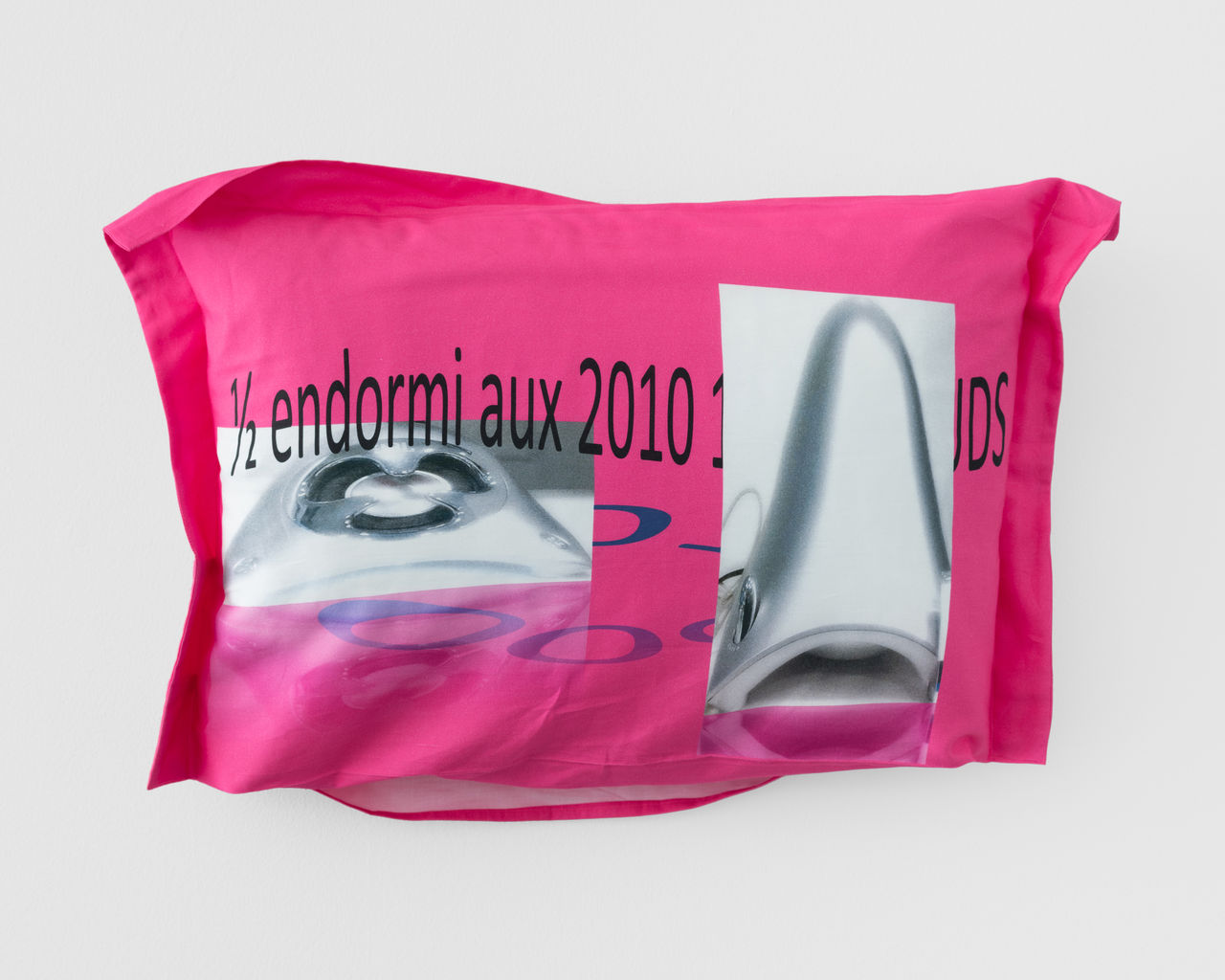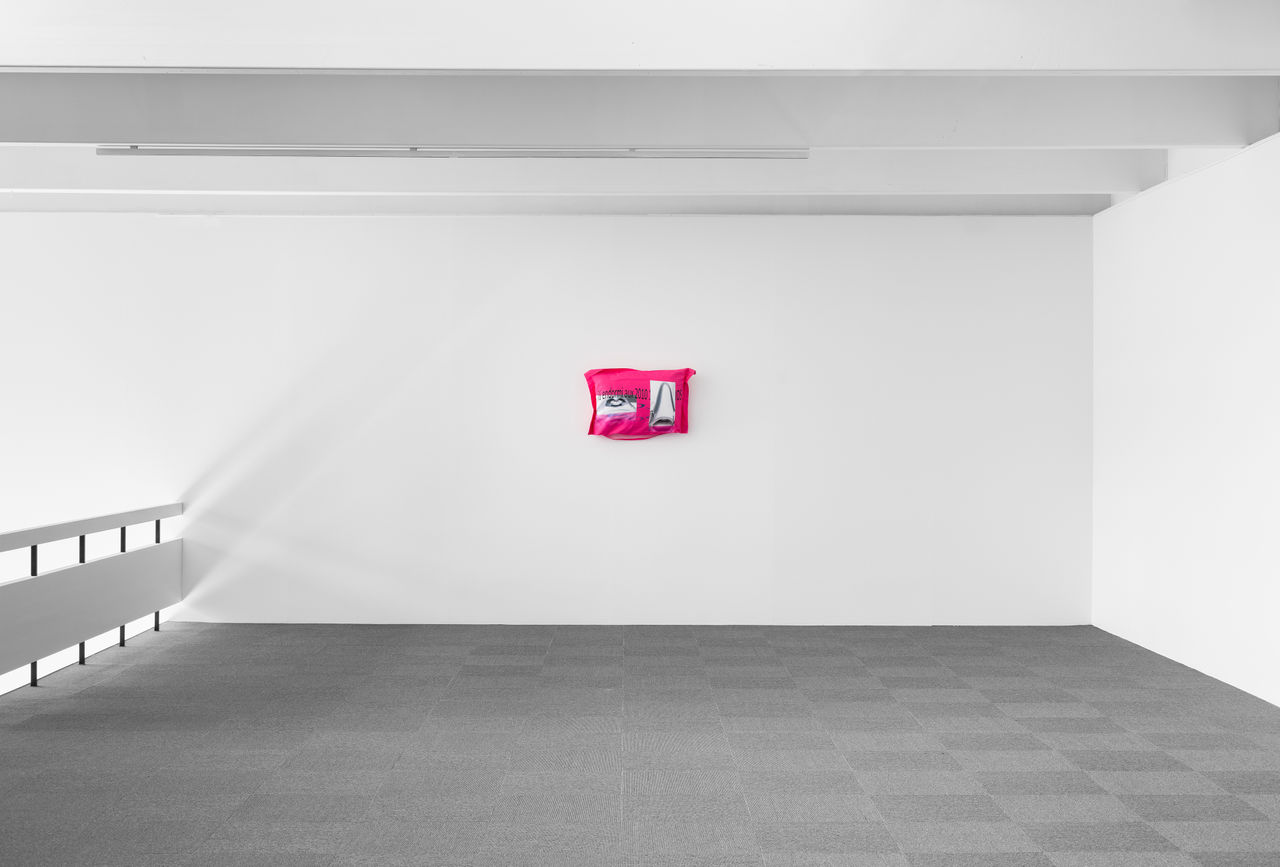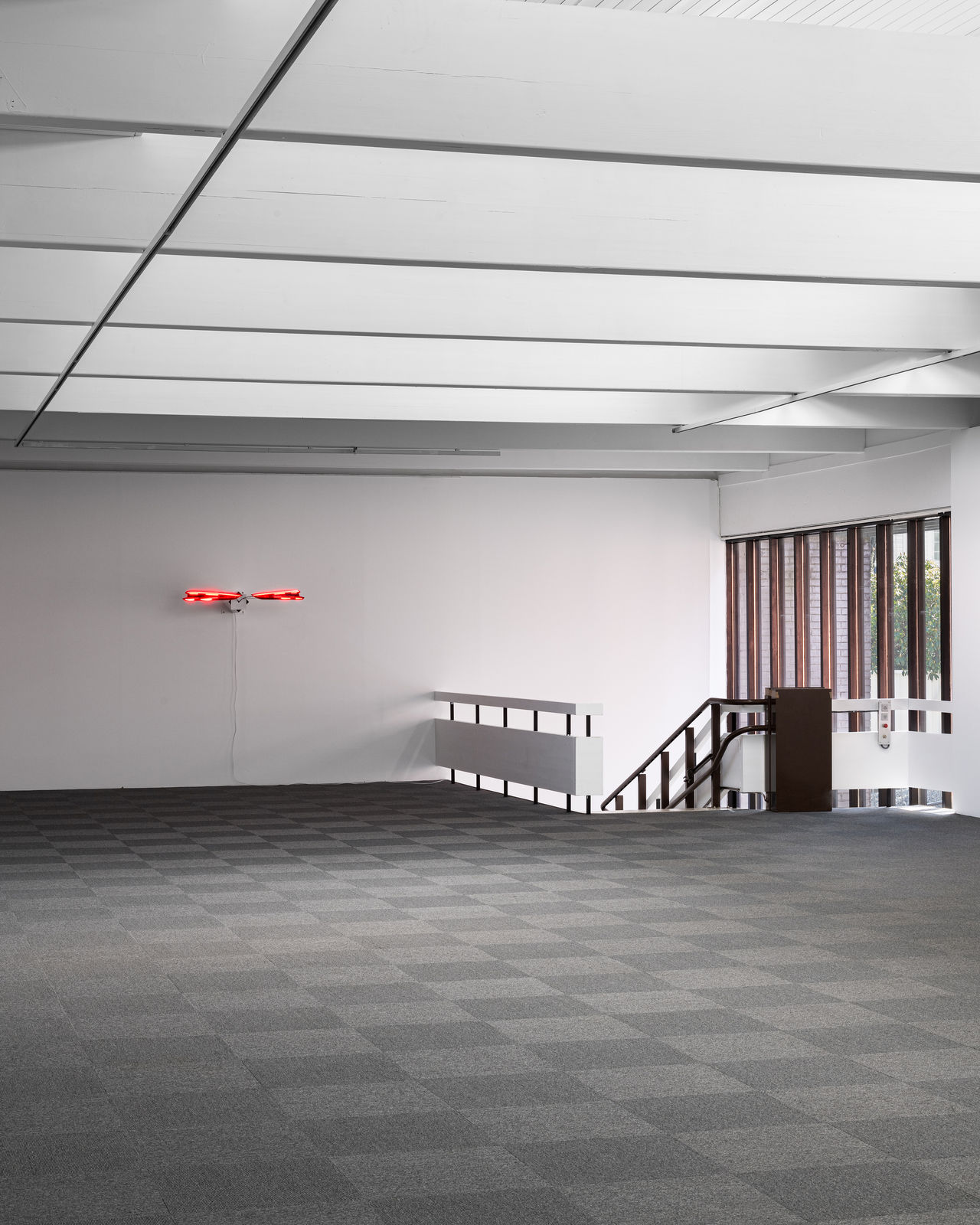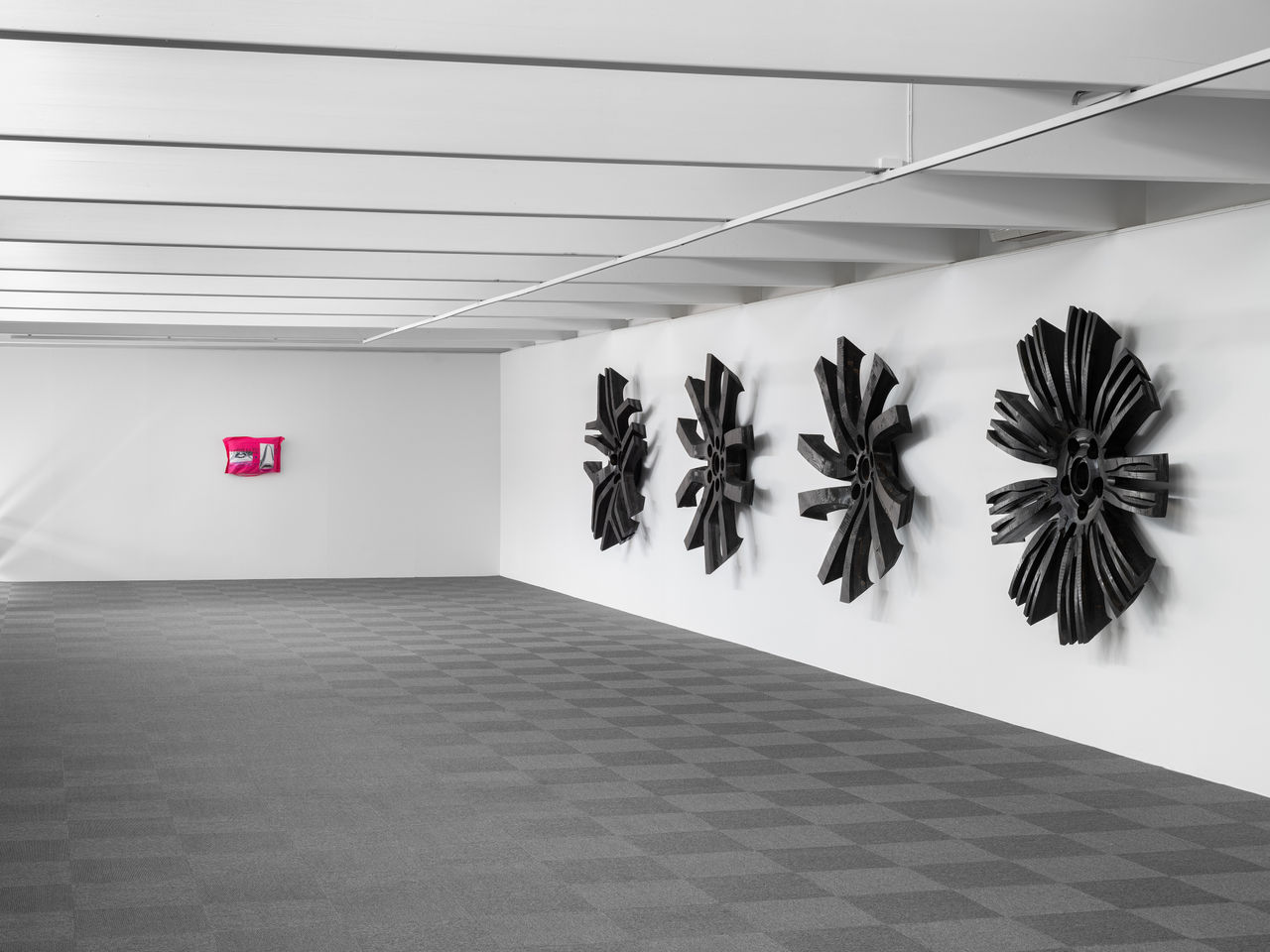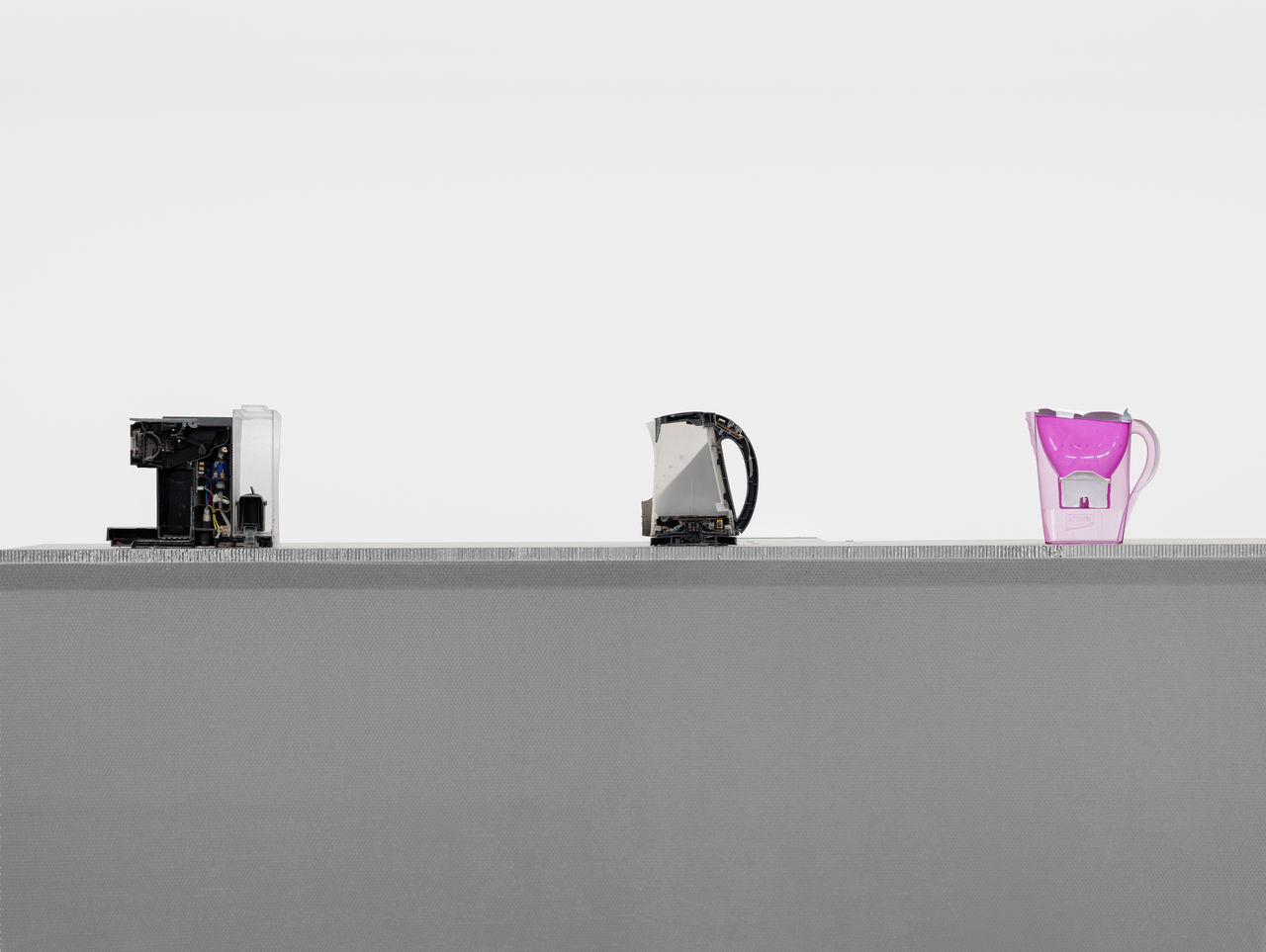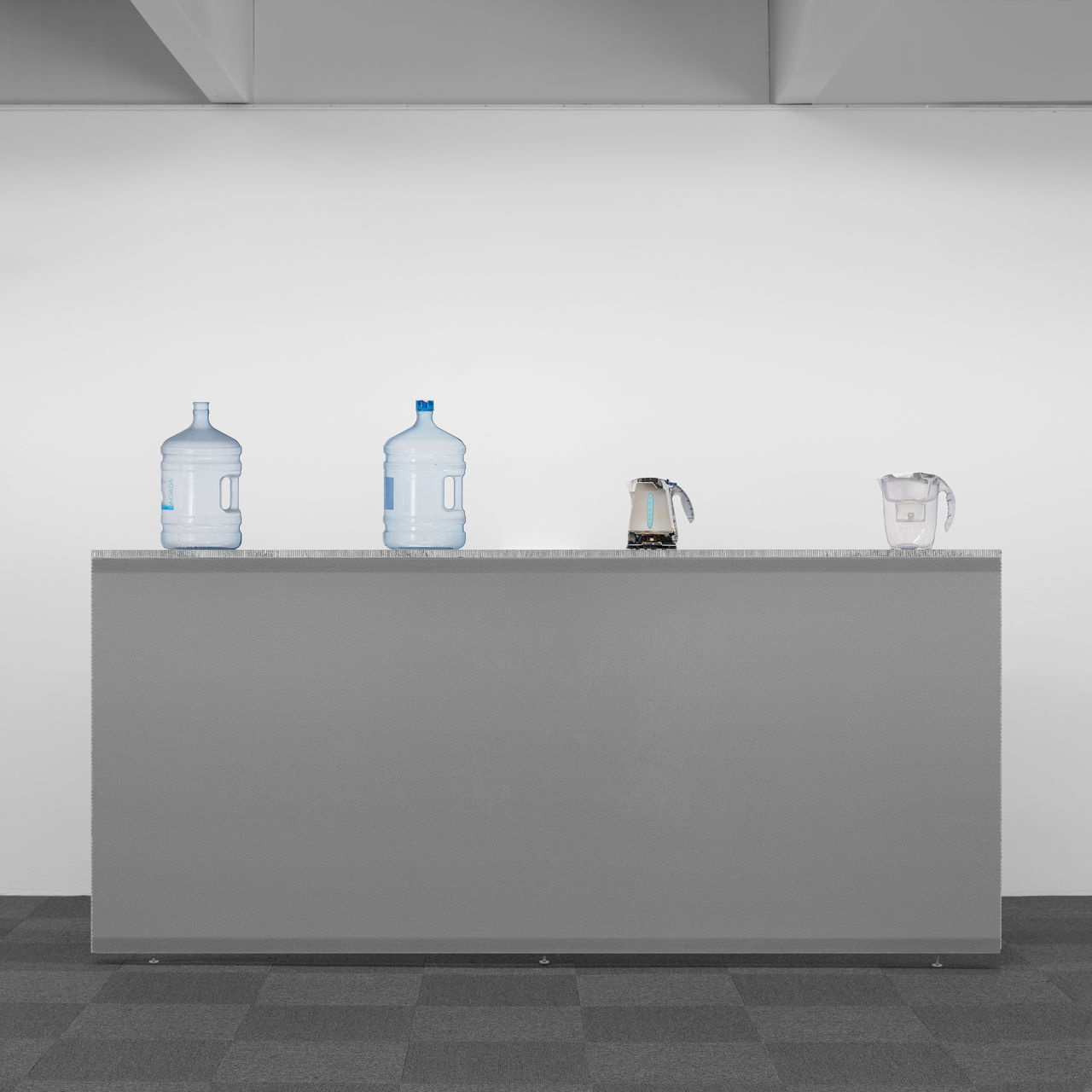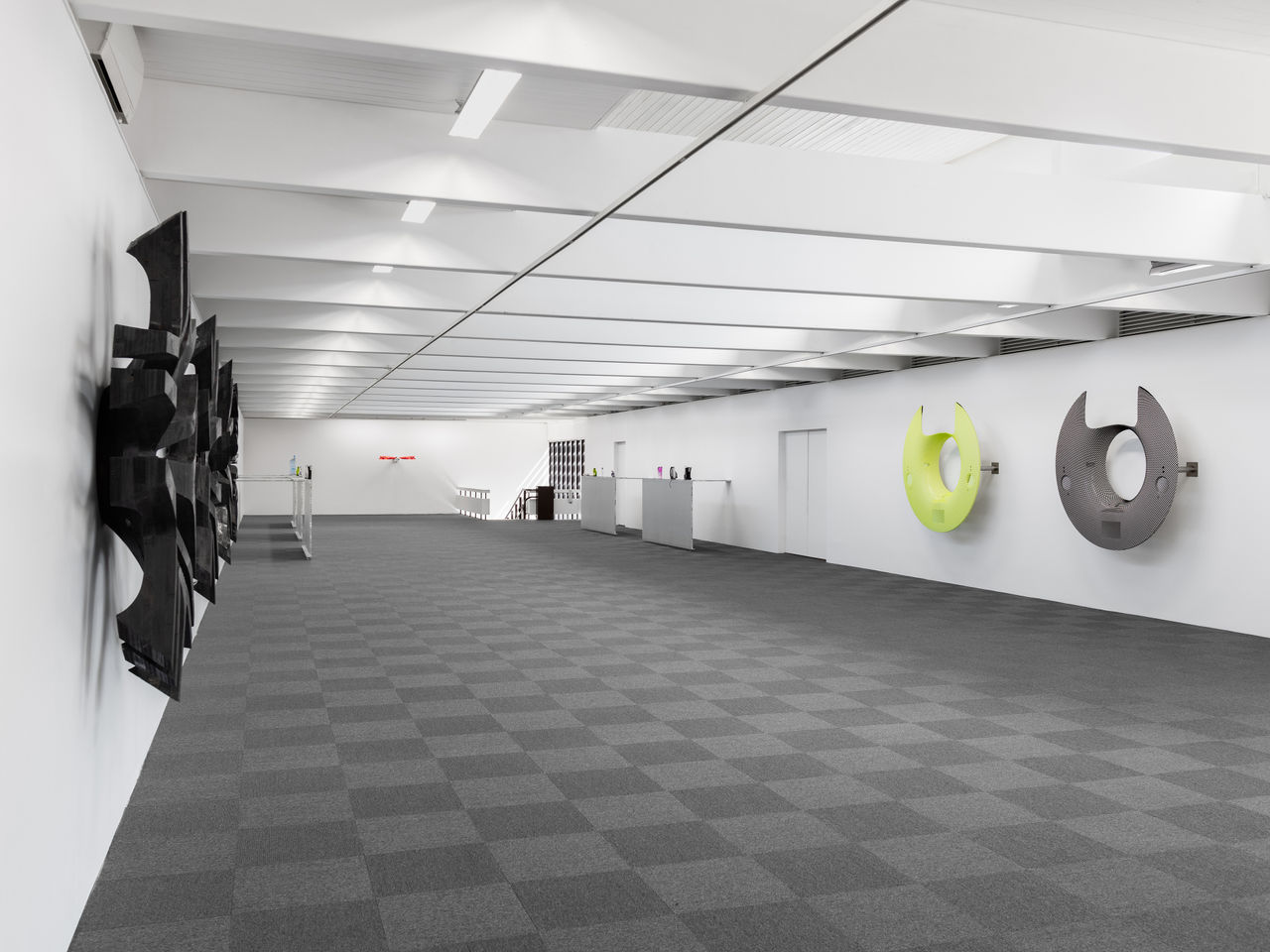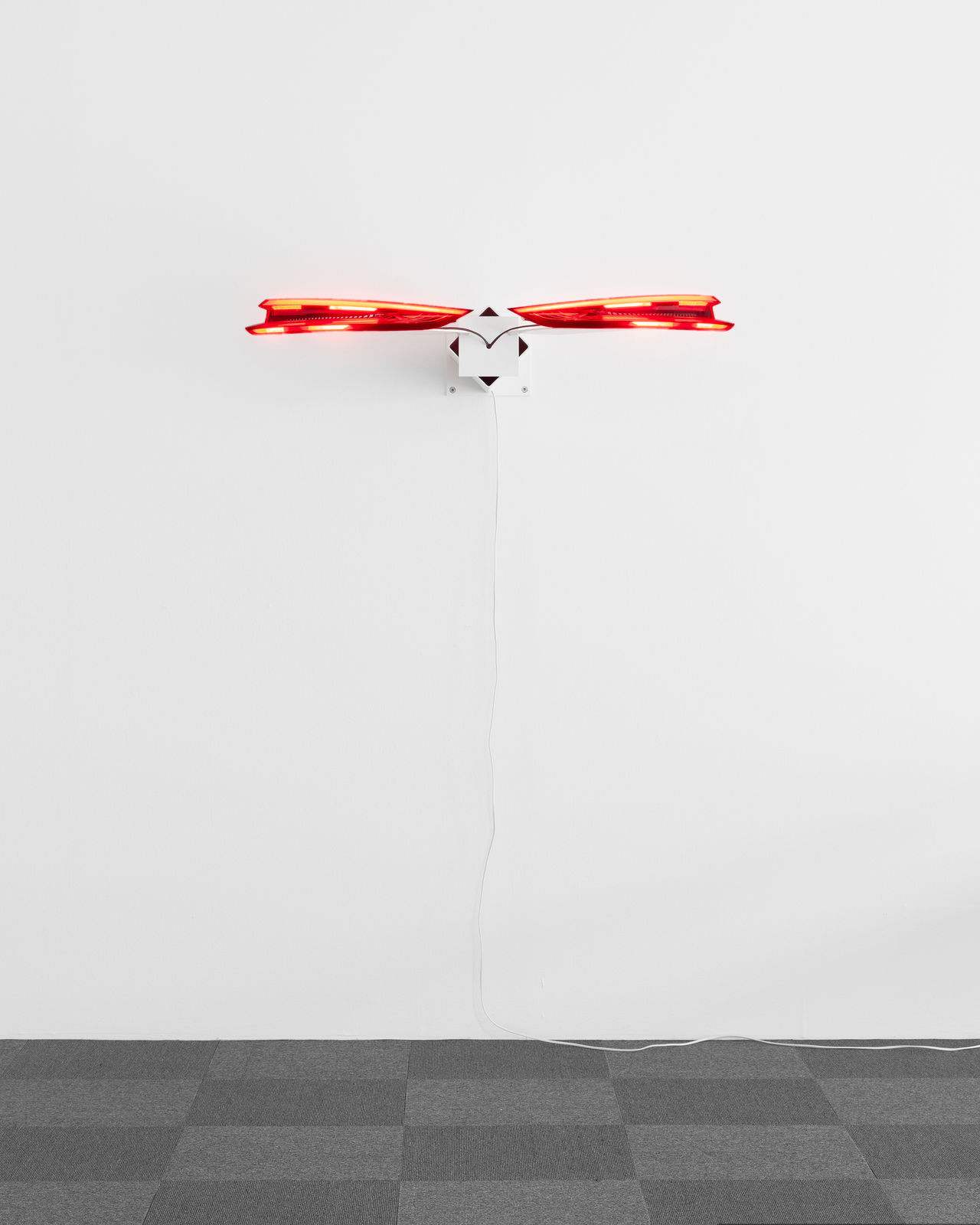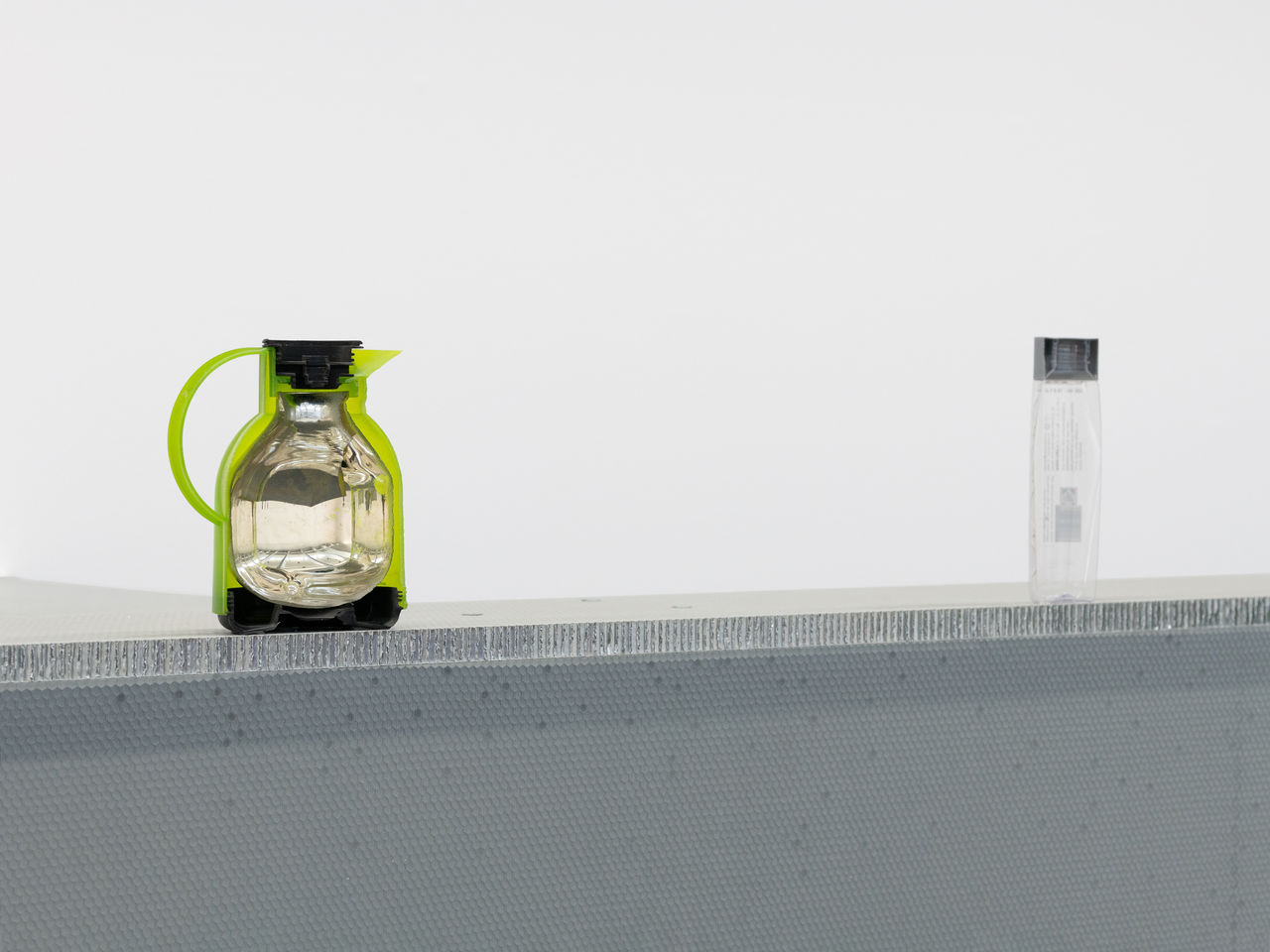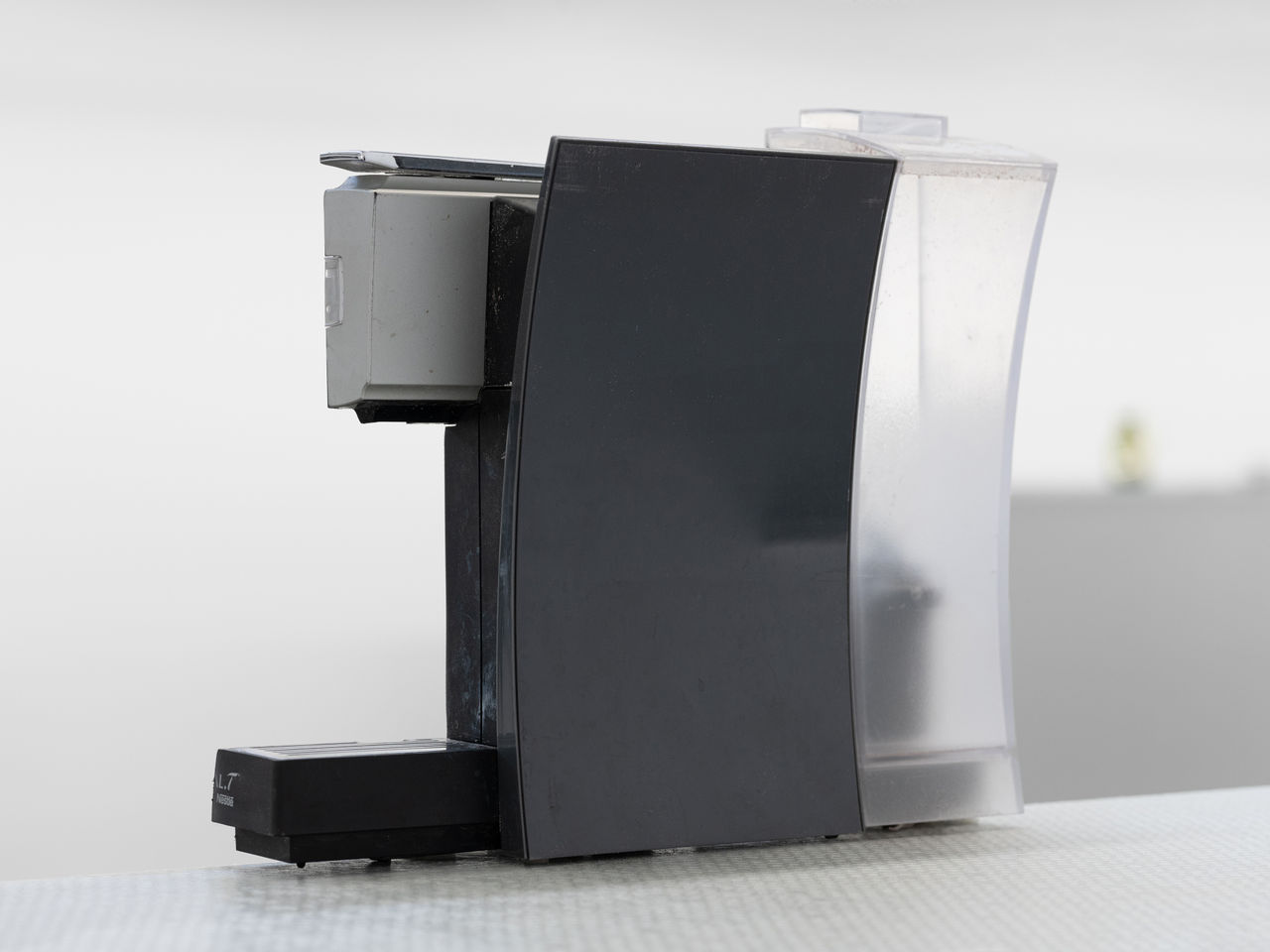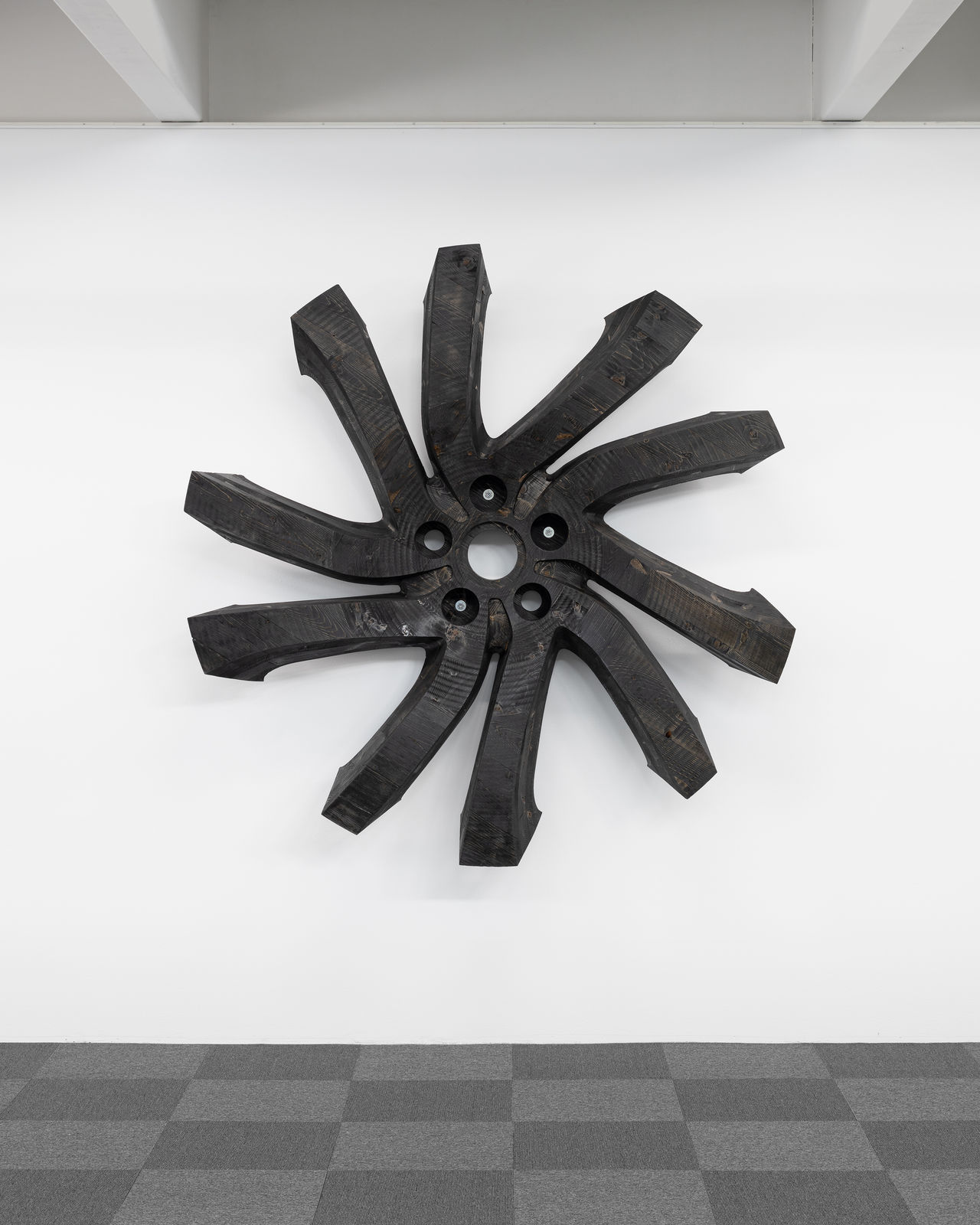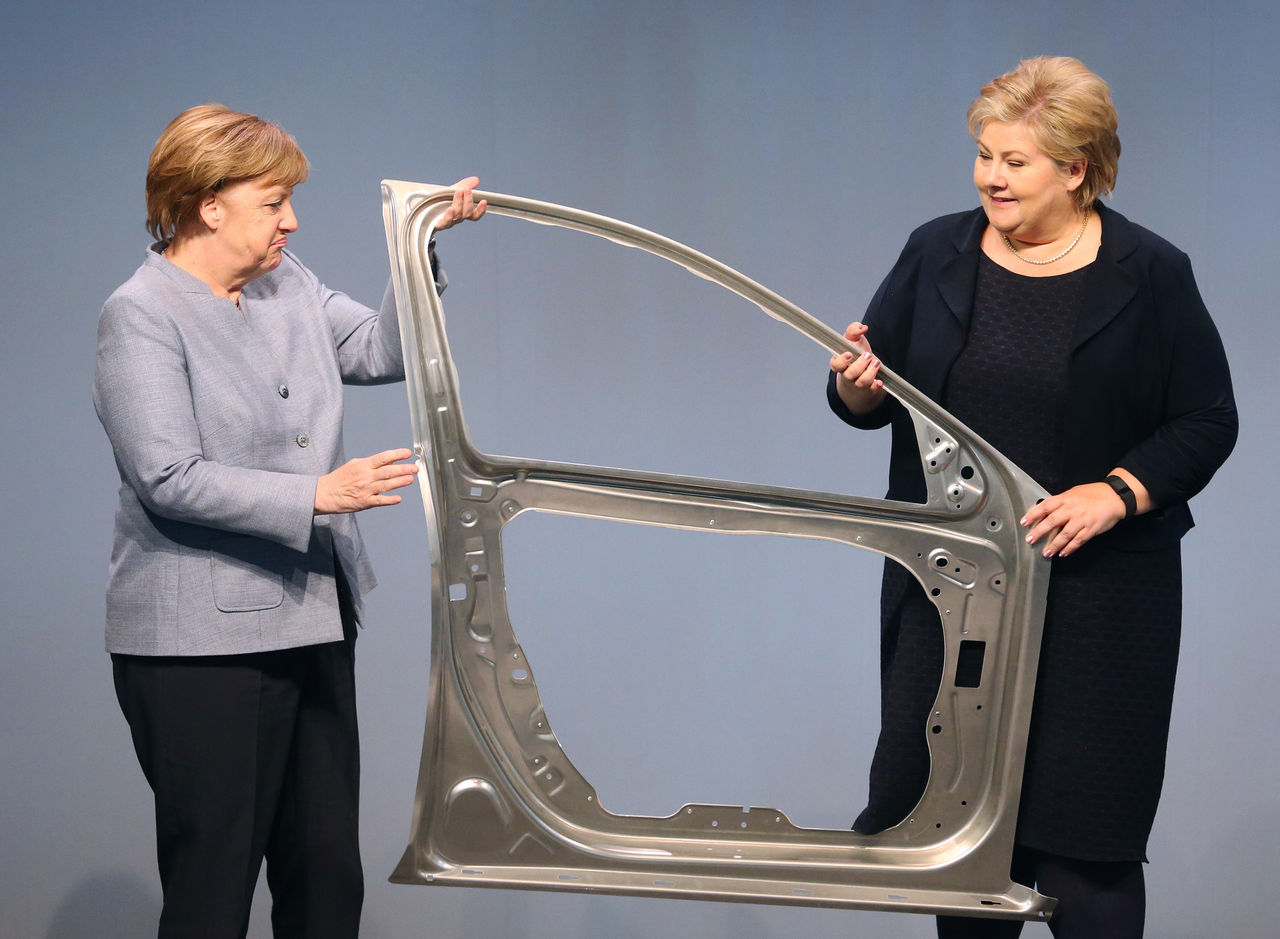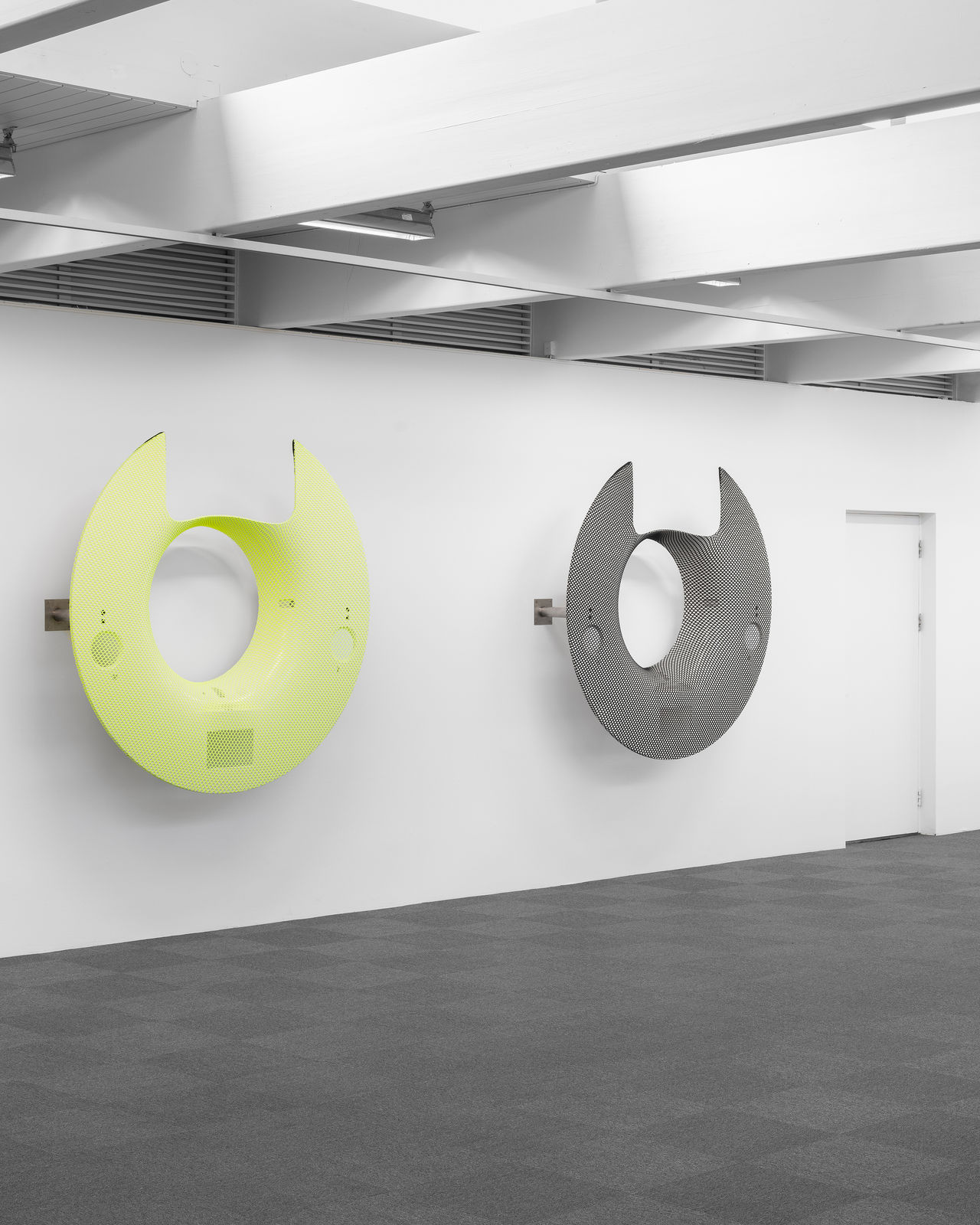
Yngve Holen presents his most comprehensive solo exhibition in Norway to date. HEINZERLING, opening on March 1 at Kunstnernes Hus in Oslo and on May 16 at Kunsthall Stavanger, investigates the relationship between humans and technology, the organic and the industrial, the generic versus the individual. The exhibition includes new pieces alongside selected works from the past decade.
The title HEINZERLING reflects the duality of the artist’s Norwegian/German background by using the surname in his passport. He has taken an opportunity to play with his dual identity in regards to his work. How do we all relate to our surroundings: be it linguistically, tactile, visually or environmentally-specific?
The works shown in this exhibition reflect the artist’s interest in surfaces, the formal shape and design of objects, and how these in turn affect us and influence the established culture. Holen works with technologies that define modern industry and our environment, from
Yngve Holen presents his most comprehensive solo exhibition in Norway to date. HEINZERLING, opening on March 1 at Kunstnernes Hus in Oslo and on May 16 at Kunsthall Stavanger, investigates the relationship between humans and technology, the organic and the industrial, the generic versus the individual. The exhibition includes new pieces alongside selected works from the past decade.
The title HEINZERLING reflects the duality of the artist’s Norwegian/German background by using the surname in his passport. He has taken an opportunity to play with his dual identity in regards to his work. How do we all relate to our surroundings: be it linguistically, tactile, visually or environmentally-specific?
The works shown in this exhibition reflect the artist’s interest in surfaces, the formal shape and design of objects, and how these in turn affect us and influence the established culture. Holen works with technologies that define modern industry and our environment, from transport and communication to industrial food production and security systems. He activates traditional materials such as metal, marble and glass with new techniques like 3D printing, water cutting, together with the use of industrial spare parts. Thus, the artist plays with the intersection of traditional and familiar elements, technological innovations and craftsmanship, as well as functional and ornamental qualities. What is at stake in these encounters between humanity and our imprint on the world?
Holen’s work expresses a sensitivity for the steadily growing identification between man and machine, body and consumer culture, where objects define us as much as we define them. His work reflects on how these borders are shifted and extended, manipulated and stretched, in both the technological and social spheres, where they encounter new ontologies. Consumer objects like kettles and water coolers are meticulously and clinically dissected; car headlights take on anthropomorphical qualities; CT-scanner components become futuristic portals to a new reality.
A generic, mass-produced rim is scanned and recreated as a series of monumental wooden sculptures, painted in Tyrilin, a wood stain widely used on cabins in Norway. This series of sculptures blends diverse elements - generic and unique, tactile, soft and hard - recalling Norway’s woodworking traditions, in which organic forms arise from solid wood. While some of the sculptures will be shown in the exhibition, one has been installed on the outside of Holen’s family cabin in Kvam, Gudbrandsdalen, as a site-specific work, merging with its exterior.
The exhibition has received generous support from the German Embassy in Oslo.
The exhibition is accompanied by a catalogue published by Hatje Cantz, with texts by Caroline Busta, Matias Faldbakken and Armin Zweite.
b. 1982
Yngve Holen is a Norwegian-German artist. Holen is the recipient of international acclaim, including the Robert-Jacobsen-Prize (2017) and ars viva (2015). His work has been the subject of large-scale institutional solo exhibitions, including HORSES, Kunsthalle Düsseldorf (2018), and VERTICALSEAT, Kunsthalle Basel (2016).
